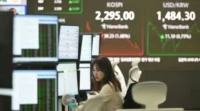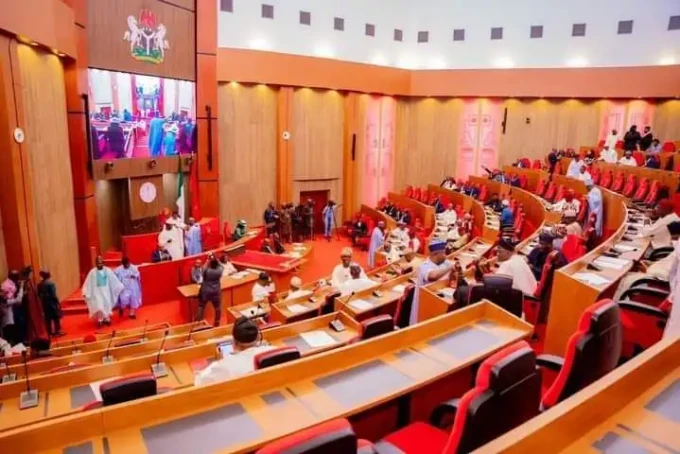France’s financial markets faced considerable upheaval due to escalating political instability. The CAC 40 index, a benchmark for the nation’s major corporations, dropped over 2%, hitting its lowest level in nearly three weeks. Notably, shares of leading banks like BNP Paribas and Société Générale fell by more than 6%, signifying investor unease. Concurrently, the yield on France’s 10-year government bonds jumped to 3.53%, the highest since March, indicating rising borrowing costs and waning investor confidence.
The market turmoil was triggered by Prime Minister François Bayrou’s announcement of a confidence vote set for September 8. His plan to reduce the national deficit, currently at 5.8% of GDP—almost double the EU’s 3% limit—involves €44 billion in budget cuts. However, three main opposition parties have vowed to oppose the vote, which could lead to the government’s downfall. Should Bayrou lose, President Emmanuel Macron would need to decide whether to appoint a new prime minister or call snap elections, both of which could exacerbate political instability.
Finance Minister Éric Lombard warned that failing to enact fiscal reforms might invite intervention from the International Monetary Fund (IMF). He stressed the need for urgent action to prevent external financial oversight. This political uncertainty is affecting broader European markets, as investors reassess financial stability in the region, leading to increased risk premiums on French debt.
The rising public discontent over austerity measures is expected to spark protests in the weeks ahead. The impending confidence vote is crucial for shaping France’s fiscal future and its role within the EU. As the crisis unfolds, market participants remain alert, closely watching developments that could impact investment strategies and economic forecasts.












Is this the beginning of a financial meltdown in France? Will it affect other European markets? Time to brace for impact.
I dont get why the French governments issues affect the market so much. Cant they just sort out their mess quietly? 🤷♂️
I find it surprising that the French governments instability is affecting the market. I wonder what will happen next.
Do you think this political turmoil in France will have a ripple effect on the global economy? Share your thoughts!
I cant believe the French government is on the verge of collapse! What do you think will happen to the economy now?
Do you think the French government collapse will affect the Eurozone stability? Its like a political thriller unfolding in real life!
Do you think the French government collapse will actually affect the global market? Im curious to hear everyones thoughts on this!
Do you think this could be a buying opportunity or a warning sign for investors? Time to brace for impact?
Do you think a government collapse in France will affect the global economy? Its a shaky situation! #FrenchPolitics #EconomicImpact